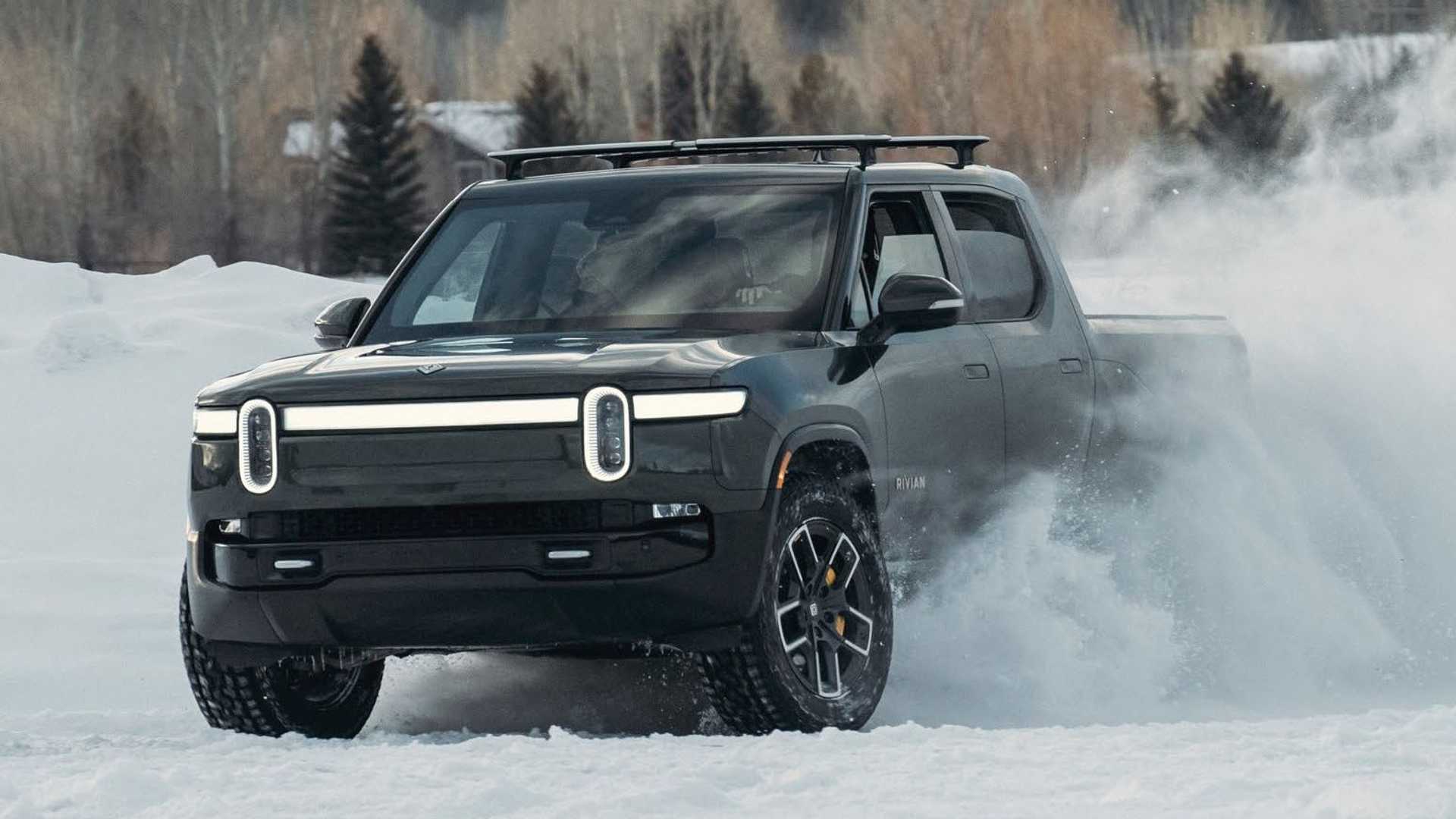
Early constraints are normal when it comes to virtually any company, and we know full well that making it in the automotive industry is ridiculously challenging. Add the current chip shortage and other related supply-chain issues, and it may be even harder for an EV startup to succeed, though everyone really is in the same boat here, including legacy automakers.
That said, CEOs of startup automakers like Rivian entered into the game knowing times would be tough. While the current global situation is making times tougher than anticipated, it doesn't mean Rivian won't be successful in the future.
We know Tesla struggled for years to succeed and make a profit, and it was even on the verge of bankruptcy at times. Naysayers insisted the US EV startup would never make it, but, clearly, they were wrong.
Rivian CEO RJ Scaringe remains highly optimistic about the company's future, and he should be. In order to overcome adversity, one must remain positive. According to Automotive News, the CEO shared:
"If we set our strategy and the things we are working on long-term based on short-term supply blips that we're feeling today, that would be ludicrous."
Essentially, Rivian could be producing many more vehicles if it weren't for part shortages. It's currently producing R1T electric pickup trucks, R1S three-row electric SUVs, and electric delivery vans for Amazon. Scaringe explained in a recent interview at the automaker's factory in Normal, Illinois:
"There's 168 hours in a week. We're using a very small fraction of those hours [for production]. So that's by far our biggest focus as an organization — getting as many parts as we possibly can so we can be building more vehicles."
The startup electric truck maker says it will only produce about 25,000 EVs in 2022. However, if it had enough parts, it could easily double that number. Eventually, Rivian's first factory will be able to manufacture about 150,000 vehicles annually.
Scaringe went on to talk about the problem of focusing on the short term. We see automakers, and especially EV startups, in the news all the time for their current, short-term "failures." However, everyone is really in the same boat here. These automakers aren't really "failing," but rather, dealing with the cards they're dealt in the best way they know how.
He shared that the list of missing parts is actually pretty minor, though there have been some recent surprises no one anticipated, including Russia's invasion of Ukraine. Still, Scaringe says many components aren't actually constrained, but the few that are missing are missing for obvious reasons. Automakers and other companies need more, but the parts just aren't coming.
While Rivian and Scaringe look to the future, they're remaining focused on the current supply concerns, producing as many EVs as possible, and using the extra time to make grand plans for the future.
Rivian has plans for a second US factory, and it has already announced it will offer new versions of its vehicles in the future, which feature new in-house motor and battery technology. This way, no matter what happens in the present, the company will be ready to ramp things up in a big way going forward.
Perhaps most importantly, Rivian has made it clear it's not even going to try to focus on showing a profit right now, but rather, it will focus on production and future plans to hit the ground running once the supply chain situation subsides.







